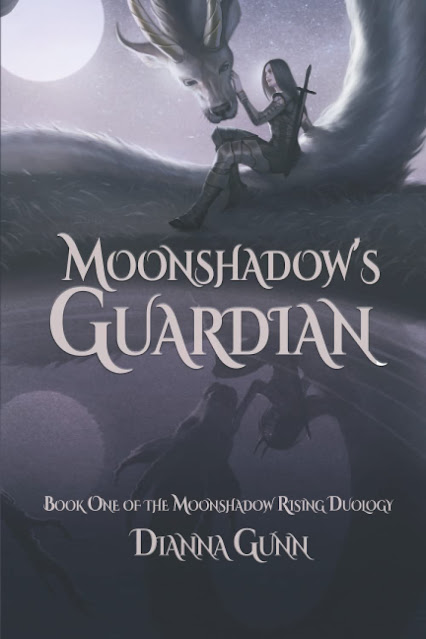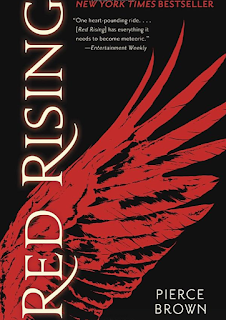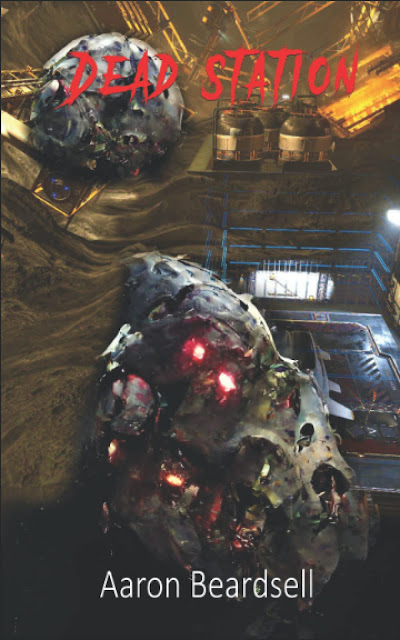Today Obscurists, we’re taking on a fantasy horror story, “Moonshadow’s
Guardian” by Dianna Gunn.

What I love about this book:
The first thing I love about this book is that Gunn’s main character Riana is a super long-lived character, and there are several other similarly long-lived characters in this story that I think Gunn depicts uncommonly well. I’ve said on this blog before that it’s tricky to depict a character who has lived for centuries or even millennia—and make them feel as though they’ve lived for thousands of years. Gunn, though, without bringing the narrative to an absolute standstill, makes it clear that Riana has lived multiple lives over the long years.
I rather enjoy the moral complexity in this story. None of the principal characters are pure good or evil—even the story’s chief antagonist. Mind you, straight-up evil shit does happen in this story, but the perceived correctness or wrongness of the character’s actions are subject to debate, and the morality of their choices, combined with their motives, is a matter of point of view. No one in this story holds a moral high ground above the other characters.
The consequences in this story are sudden and harsh, which takes a bit of fearless writing to not just hurt one’s darlings but murder them, and I appreciated that quality in Gunn’s writing. Punches are definitely not pulled in this story.
What I don’t love about this book:
I often say that using a first-person perspective is a bold choice, and this novel is in first person. Other than a few key emotional moments that could be argued justified the creative choice—I didn’t feel it added much. To play devil’s advocate, though, the first-person perspective certainly facilitated people reminiscing about the past. Building off that point, if you’re not a fan of flashbacks, well, tough news, lots of flashbacks in this story.
I appreciate an excellent dark and brutal story as much as the next person. What I often find to be wearying are drawn-out torture scenes. There are a few of those in this story, too, especially when it comes to Riana’s memories of the demon realm or the compulsion. It’s not the violence that gets me. I’m just bored by anything that feels like a kid with a magnifying glass and an ant hill.
This preview is an Amazon Affiliate link;
as an Amazon Associate, I earn from qualifying purchases
***The Spoiler part of this review***
***Ye be warned to turn back now***
The quick and dirty synopsis:
Our story begins with a little girl and her mother on a mysterious journey. It doesn’t go well after the mother tells her daughter that she is actually the daughter of a god and is, in fact, a demon. Soon she will transform into her true form. Despite her mother’s best magical efforts, her daughter breaks loose from the binding and kills her mother after transforming.




